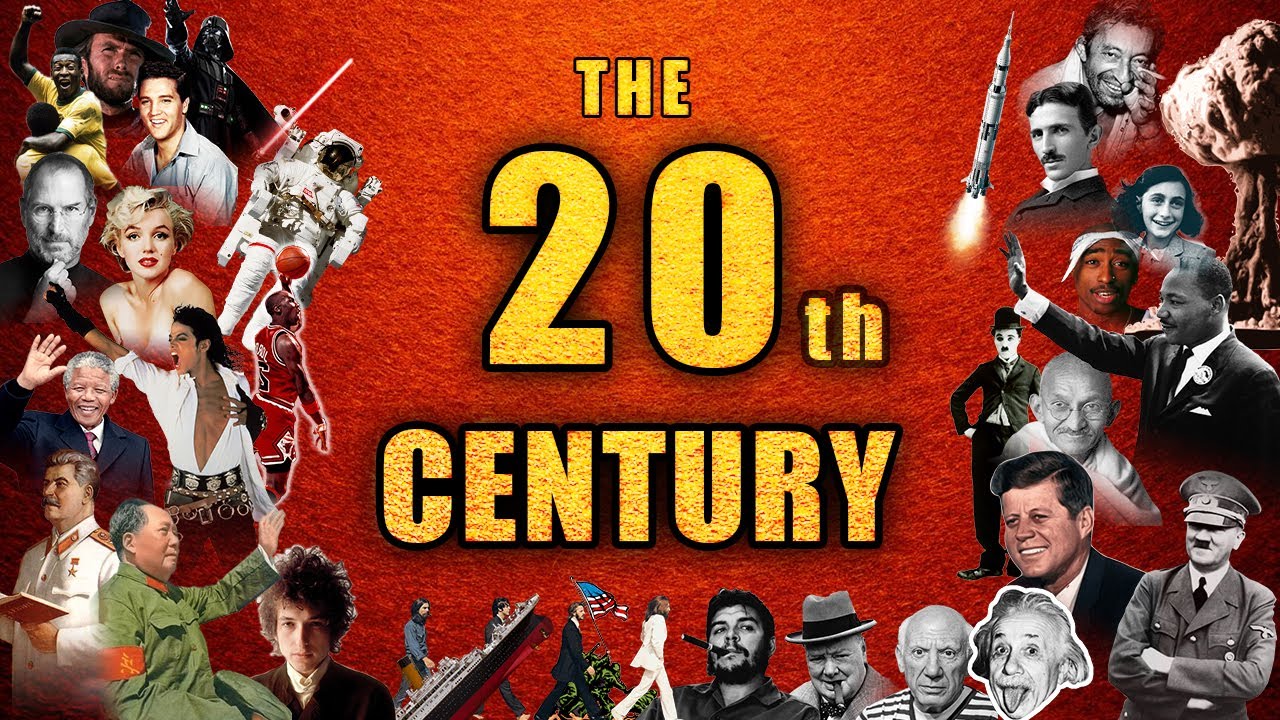Probably the most widespread philosophical movement of the century developed on the margin of formal philosophy and the social sciences. This movement is called historicism—the attempt to find in history an answer to those ultimate questions of the structure of the universe and of human fate that the philosopher has always asked.
Once Judaeo-Christian concepts of a single creation in time and of a God above nature were widely abandoned along with the rest of the traditional world view, people looking for answers to questions about these ultimates had to fall back on the historical record. Humans are not made by God but by nature, the historicists said, which amounts to saying that humanity makes itself in the course of history. Humanity gets its only clues about its capacities here on earth, from the record of the past.
But many of the thinkers who appealed to history found much more than the always tentative, never dogmatic or absolute “theories” the scientist produces. Many of these philosophers of history found in the course of history a substitute for the concepts of God or Providence. Of these historicisms, the most important was Marxism. For God, absolute and omnipotent, the Marxist substituted the absolutely determined course of dialectical materialism.
Another type of historicism was put forward by the German Oswald Spengler (1880-1936) in The Decline of the West, published at the end of World War I. Spengler argued from the historical record that societies or civilizations had an average life span, a thousand years or so for a civilization being the equivalent of seventy years or so for a human being.
He traced three Western civilizations: a Hellenic from 1000 B.C. to about the birth of Christ; a Levantine or Middle Eastern from then to about A.D. 1000; and a modern Western, which began (according to him) about A.D. 1000 and was, therefore, due to end about A.D. 2000. This type of history became highly popular between the two world wars, when many commentators spoke widely of the decline of the West, by which they often meant the collapse of all civilization.
Paralleling The Decline of the West but written by a trained historian was the enormously influential, multi-volume Study of History (1934-1954) by the Englishman Arnold Toynbee (1889-1975). Toynbee was a classicist with a Christian background and a strong family tradition of humanitarian social service. World War I aroused in Tovnbee a hatred for war and a conviction that nationalism was evil. His work was an attempt to trace the causes of the rise and fall of dozens of societies in the past.
Concluding his history at the height of the cold war, he argued that Western society was facing a very serious challenge, that in terms of the cyclical rise and fall of societies, it looked as if the West was stagnating. Societies grew, he said, when challenged and able to respond; if not challenged or incapable of a sufficient response, they declined. This dialectic of challenge and response proved attractive to western Europe and the United States, which felt challenged by the Soviet Union and improved by their competitive response.
More intriguing, perhaps, was the work of historians who asked questions not previously asked. French, British, and American historians in particular developed new fields of inquiry. Perhaps most representative was the enormous growth of interest in the history of slavery. In the United States the study of slavery had been seen as a branch of the history of the South.
American scholars as a whole had favored the “consensus” view of certain progressive historians, especially Frederick Jackson Turner (1861-1932) and the relatively radical views of Charles A. Beard (1874-1948). Most maintained that American development was marked far more by cooperation than by conflict, and that slavery was peripheral to an understanding of the rise of American civilization.
From the 1950s, however, many scholars challenged the consensus argument, pointing to the centrality of the problem of finding and retaining a predictable supply of labor in a rapidly growing agricultural and industrial nation, thus moving the issue of slavery into the center of American inquiry.
In this and many other examples, historians in the West roundly condemned the conventional wisdom by which British or American history was viewed as a compilation of unalloyed success stories.

